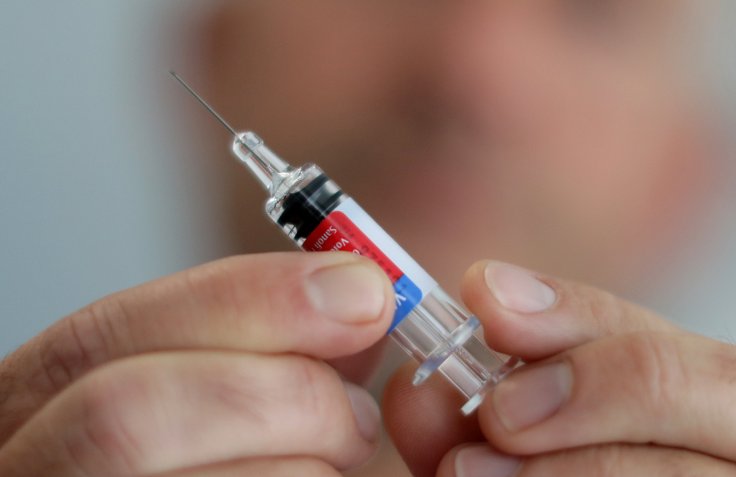With the novel coronavirus or 2019-nCoV infection showing no signs of slowing down, and with no cure in sight, doctors across the world are facing the challenge of choosing the right drugs to treat the infection. However, using steroids to treat the condition may not be the best idea, scientists say.
In a commentary published by researchers from the University of Edinburgh, it is concluded that analysis of evidence collated from the outbreak of diseases similar to the 2019-nCoV such as the Middle East respiratory syndrome(MERS) and Severe acute respiratory syndrome(SARS) in the past reveals that the benefits provided by steroids or corticosteroids are minimal. In fact, they cause further harm the researchers claim.
"After looking carefully at what evidence is available, we would advise that steroids should not be used for treatment of lung injury caused by this new virus," said Dr J Kenneth Baillie, lead author of the commentary, in a statement.
Used to treat lung inflammation
Both SARS and MERS are respiratory diseases that are caused by coronaviruses similar to the one responsible for the Wuhan outbreak. One of the primary symptoms observed in patients with these diseases is lung inflammation. This is found in the patients infected with the novel coronavirus as well. Under such circumstances, it is a common practice to prescribe steroids for the reduction of lung inflammation.

The immune system's ability to ward off pathogenic viruses and related infections that are known to develop in patients afflicted with these fatal illnesses is, however, impaired by the use of steroids. On the whole, using steroids for treating these diseases could lead to increased harm according to the experts.
Examination of the evidence
An older study that focussed on critical cases of MERS added weight to the authors' argument. The study found that nearly half the number of patients who were treated with steroids required supplemental treatment such as dialysis, drugs to improve blood pressure and aid in breathing. Also, the patients who were medicated with steroids took longer to recover, and it took more time for the virus to leave their bodies completely.
"Corticosteroids suppress lung inflammation but also inhibit immune responses and pathogen clearance," the authors wrote. Other studies reviewed by the researchers found that during the SARS outbreak, steroids caused more harm as the pathogen remained in the bodies of the patients up to three weeks post-infection.

No evidence to suggest a benefit to novel coronavirus infection
Based on their findings, the researchers suggest that even if steroids are used to treat the condition, it must be a controlled trial to ascertain its effectiveness, Baillie suggested. The authors concluded that "Overall, no unique reason exists to expect that patients with the 2019-nCoV infection will benefit from corticosteroids, and they might be more likely to be harmed with such treatment."
However, they recommend that doctors should continue to use steroids to treat ailments such as asthma and other inflammatory diseases.









